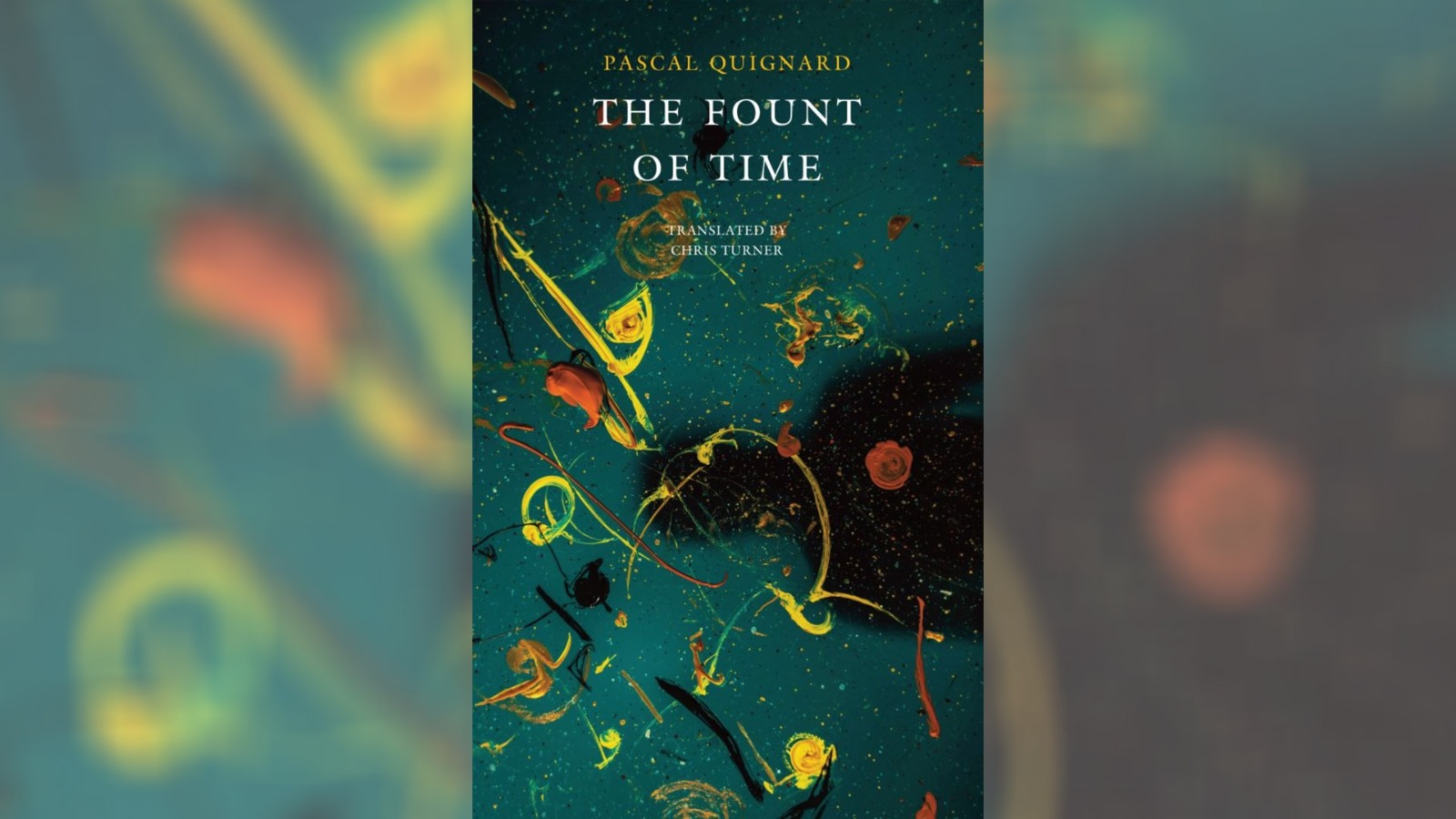CHAPTER 3
A fisherman cast his net into the Dead Sea. He pulled up a brass jar. It was so heavy that he had difficulty lifting it out of the water. Taking great care, he set it down on the floor of his boat, beside the oars.
He wiped it.
Examining the lead-sealed neck, he took his knife from his pocket. He leaned the opening of the brass jar inside the boat and opened it.
Nothing came out.At the same time, the sea all around was suddenly calmed.
He put the brass jar on the seat in front of him.
He waited in silence.
*
A puff of—grey—smoke rose slowly above the neck of the jar.
It came to a standstill before his eyes, a little to his left.It was a thin puff of smoke.
In the shape of a beard.
*
The fisherman broke the silence and asked:
‘Ancient spirit, who are you?’‘I am Solomon.’
The fisherman shook his head and replied instantly: ‘No, that isn’t possible. King Solomon died more than sixteen hundred years ago and we are currently at the end of days.’
The genie thought for a moment and, swirling around the jar, said: ‘I think you are mistaken. Since the beginning of the ages, there is only the beginning of a day. On this earth, there is never any dusk.’
‘But that’s not right!’ exclaimed the fisherman.
‘Be quiet!’ Solomon went on. ‘Our gaze always breaks off before dusk appears. We have never seen the evening come. We sleep, but on this earth evening does not come.’
‘Who told you these things you state?’
‘At the fountainhead of beings, I stood near the stone and reached out this brass jug in which you found me. Shall I tell you my story?’
‘I don’t have the time. Right now, I’m too hungry.’
The fisherman is on his feet in his boat. He isn’t listening any more. He casts his net into the Dead Sea.
CHAPTER 4
Happiness
There are forms of happiness which we tell ourselves we have to preserve from oblivion not because they are great or extraordinary but because they are contagious. We note them primarily because we have played them over in our minds a hundred times. The recollections that gradually engage our will bring a warmth that no longer stems from their contents. They have, imperceptibly, told their own tale in the depths of our being. They have been perfected by a strange cooking process. As we examine them, we tell ourselves: ‘As the moments of the past were capable of communicating their energy and joys, when we read them again, they will repeat their power. Then, once we have set ourselves on their orbit, we shall become happier.’
*
With each new love, we change our past.
With each novel we write or read, we change our past.That is the past.
That’s what determines the past by contrast with the Erstwhile. We change our past whereas we do not change our Erstwhile. Behind the century, the nation, the community, the family, morphology and chance, that which conditions goes on endlessly conditioning. Matter, sky, earth and life go on constituting us and do not perish.
*
The past is a new organ which ensues from the language that is taught to the newborn. When combined with the written page, it opens up a new space we call history. The Latin word pagina denotes the most immense space in which the soul can move, travel, compare and return. This is the pagus—in French, pays—the country. The ‘page’ is an extension of the current space (an augmentation of the milieu). It is a new outbuilding added to the internal space situated within the skull, behind the eyes. Another room. A third chamber behind the left eye, just alongside the involuntary voice in which natural language whispers, speaks, sermonizes, scolds, invokes—that natural language recently, and so imperceptibly, acquired by the little infant animal at the prompting of its mother’s gaze.
The views expressed in this article are the author’s own and do not necessarily reflect Fair Observer’s editorial policy.
Support Fair Observer
We rely on your support for our independence, diversity and quality.
For more than 10 years, Fair Observer has been free, fair and independent. No billionaire owns us, no advertisers control us. We are a reader-supported nonprofit. Unlike many other publications, we keep our content free for readers regardless of where they live or whether they can afford to pay. We have no paywalls and no ads.
In the post-truth era of fake news, echo chambers and filter bubbles, we publish a plurality of perspectives from around the world. Anyone can publish with us, but everyone goes through a rigorous editorial process. So, you get fact-checked, well-reasoned content instead of noise.
We publish 2,500+ voices from 90+ countries. We also conduct education and training programs
on subjects ranging from digital media and journalism to writing and critical thinking. This
doesn’t come cheap. Servers, editors, trainers and web developers cost
money.
Please consider supporting us on a regular basis as a recurring donor or a
sustaining member.
Will you support FO’s journalism?
We rely on your support for our independence, diversity and quality.







Comment